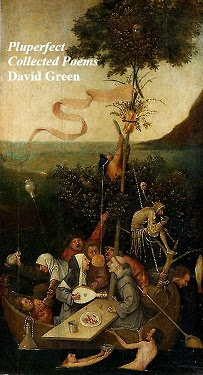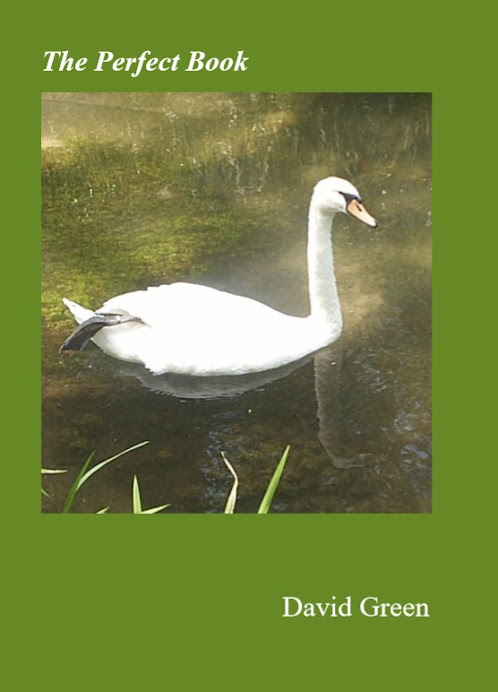Katy Evans-Bush, Joe Hill Makes His Way into the Castle (CB editions)
Politics and poetry don't mix well, or not for me they don't. Politics is a low art of devious half truths and manipulated appearances, slogans and undercooked promises - perhaps never more so than in recent years- whereas poetry, when it's any good, suggests more rather than less and remains of value beyond any sell-by date. Everything is political, I dare say, but not everything is art. Katy Evans-Bush has come out at the other side of some crises a changed writer on the evidence of this new volume of poems. There always had been a compelling energy in her work and an expansive ability to make more of the language than its constituent parts, which is exactly what one wants, but the opening poem here, From lines by Kenneth Patchen #1, kicks off with a vitriol not seen before,
You think creativity is a different activity from everything else,
you clever, lifeless little coward, my little phony, you professional
partisan with no ideas; you think restlessness is energy.
The poems' titles go from #1 as such to #51. Kenneth Patchen was 'an important countercultural figure in the US. A defiantly working class poet whose life spanned the first and second world wars, the Depression and Vietnam'. All of #1 to #51 are poems 'prompted' by lines from his which is a remarkable achievement whatever one thinks of such a 'creative writing course' way of making poems.
I don't buy, or buy into, anywhere near as much new poetry as I did, say, ten years ago because me and it have lost much of what connection we had and some of Joe Hill Makes His Way is symptomatic of why. Some of it is one-dimensional and that dimension is anger. Entirely justifiable anger but at times one-dimensional nonetheless and I'm already feeling that I'm one of those guilty as charged in #1 for being such things as,
You tired, sad, bedtime little phony, you namby-pamby,
fake reader, you’re terrified of caring! Worse, you’re terrified
of seeming to care.
I'm not. Honestly, I'm not. I recognize the sentiments immediately and it's everybody else, not me. It's as if two of my favourite poets, Rosemary Tonks with her virulent dismissal of social niceties and Sean O'Brien with his recurrent theme of us all being guilty of being ourselves had joined forces at their least forgiving and told us what they really thought.
But while these poems, and #1 more than most, have an element of one-off, live 'performance' about them they are more convincing than Kae Tempest's stagey outrage and we know that Derek Mahon had a point,
What middle-class twits we are
To imagine for one second
That our privileged ideals
Are divine wisdom, and the dim
Forms that kneel at noon
In the city not ourselves. (and it doesn't say 'twits' in all available versions).
Joe Hill Makes His Way wouldn't be a worthwhile book, and it wouldn't be Katy Evans-Bush, if it was only an orchestrated rant. It is of value as poetry as much as politics because she does things with the language.
#39 has,
all our philosophy's a piece
of ersatz Chippendale.
and,
Art's not redemption. Art's just how we're tuned.
That might be the most searing opportunity to see ourselves as we are, so satisfied with our Mozart, Vermeer, David Bowie and Philip Larkin and, yes, I am. Not to mention that, in #46,
We can't tell what's beautiful anymore.
This is writing that has come through a storm and found itself changed and changed utterly. We would mostly prefer not to know and be allowed to get away with it. I wouldn't take it from Piers Corbyn, GB News or the Democratic Unionist Party, for example, but this arrives powerfully in these pages which were a few too many to want to read at one sitting although maybe they should be read thus.
It's not mad. It is what it's really like but most of us are comfortable enough, aren't we, and we can be cross, indignant and incendiary as a part-time pastime when we are not enjoying a Zinfandel or Puccini because to know such things is to love them. And we do and we do and we do.












